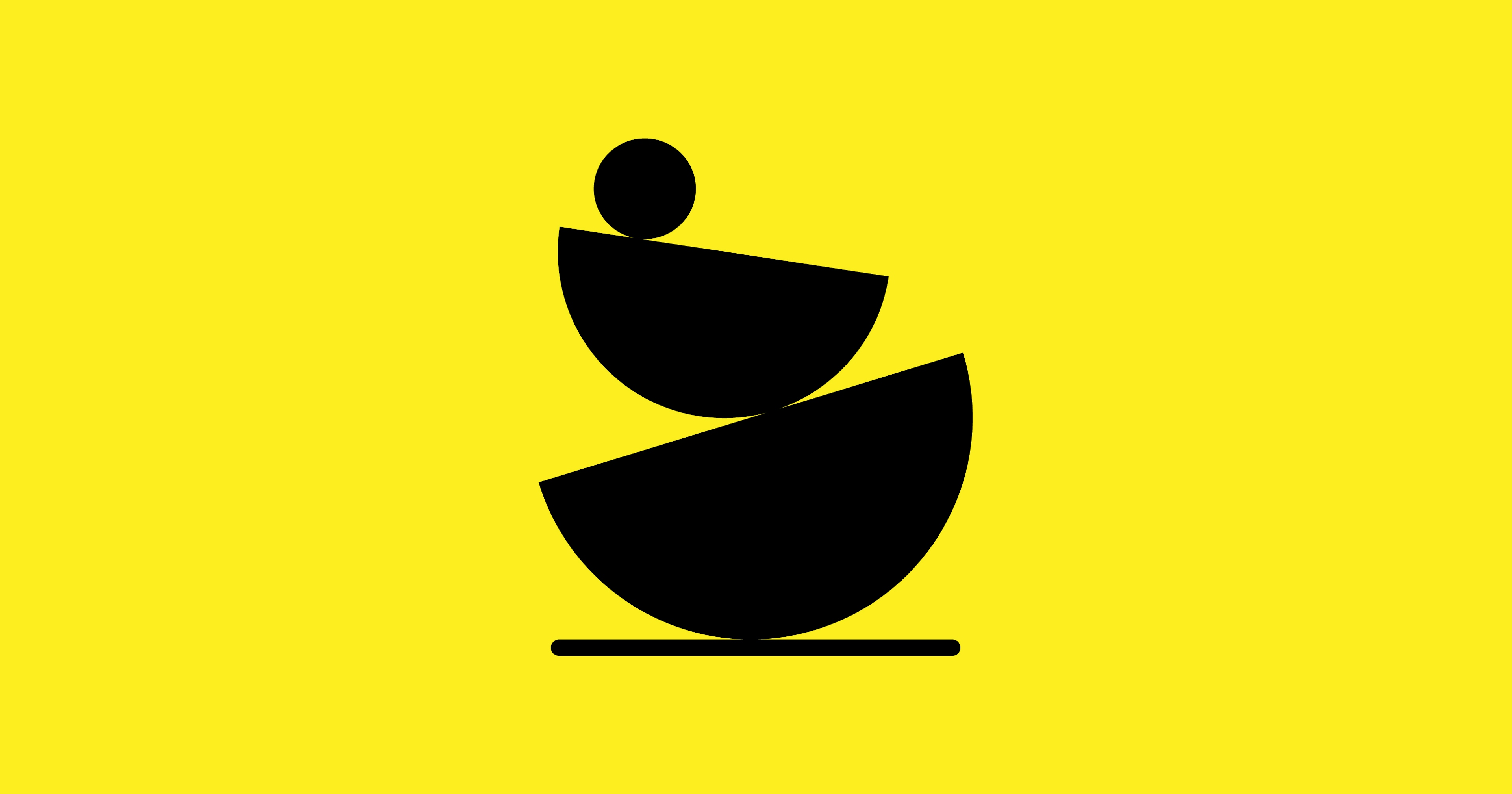
Brand vulnerability is key to growth
Vulnerability is not a comfortable place to be for any business. Owning mistakes, sending out a public statement without editing it or taking a leap into a controversial campaign – are thoughts that send shivers down many business owners’ spines.
Vulnerability expert, Brene Brown, describes it as a ‘feeling we get during times of uncertainty, risk or emotional exposure. This includes times when we really care about something and people will know that we’re sad or disappointed when it doesn’t work out.'
For businesses, this could mean times when you’re not quite delivering for customers, performing as profitably as others or have launched a product or service that’s ultimately failed. Yet many brands are starting to realise that embracing and showcasing what they’re most scared of holds great potential for evolution and growth.
What does brand vulnerability mean?
Brand vulnerability means establishing a business that isn’t afraid to talk about challenges, uncertainties or risks it faces openly. These ‘vulnerabilities’ may be internal, such as customer experience or logistics, or external. Indeed, there are a range of social and economic factors that are making UK brands feel more vulnerable.
Cancel culture
Social media, the internet and the 24-hour news cycle have made businesses more visible to customers. This means any brand decisions will be exposed and potentially criticised by the public and media.
The growth of cancel culture means an inaccurate data point, a misread post or not participating in events like Pride or Black History Month risks changing the audience’s perception of a business. As a result, many brands default to a damage control mentality.
Rather than honestly following an instinctive or purpose-driven approach, brands aim for perfection, positivity and protectionism.
A world of crises
The last few years have seen social, political and economic landscapes lurch from one crisis to another. Starting with the COVID-19 pandemic, people have experienced significant changes in their lives, leaving them to reevaluate their buying decisions and expectations of brands.
The advancement of new technologies and demographics has only added to this sense of change. Growth in AI technologies is disrupting how we work and do business. The increase in Millennial and Gen-Z’s buying influence has left brands questioning what they previously knew about their audiences.
These uncertainties have led some business owners with established brands to hold on tightly to what they have always known. Rather than embracing and facing up to the changing world, they’re sticking with a mindset of 'that's what got us to where we are today', despite it being to their detriment.
Competition for customer spending
The brand value of UK companies has grown by just 1% since 2021. This compares to global rankings of 23% growth. This stagnation exposes how UK brands aren’t making the same impact on audiences as their global competitors. As customers make tougher decisions on their spending, UK brands lose out, with 38 of them seeing their value decrease in 2022.
The reason?
Adele Joliffe, Head of the Brand Domain Consultant Team at Kantar, has expressed her theory in an article with Marketing Week, saying, “there’s definitely something (UK brands are) not doing quite in the same way or with the same vigour, or the same commitment versus the global brands.”
Yet rather than keeping their fingers crossed, Joliffe explains that only brands which face up to this challenge will survive. She said, “It can be very tempting at times like this to pull back on customer experience investment, for example, or customer experience innovation, but it’s so critical.”
How have brands turned vulnerability into an asset?
Making big and deliberate leaps of faith has been transformative for some of the world's biggest, most established brands. By embracing vulnerable acts, businesses are confronting uncertainty with change that’s transforming how they work and what customers think of them.
Changing customer perceptions
Stella Artois’ brand image has historically positioned itself as a premium choice. Placed prominently in restaurants, 40% of Stella’s sales were made on premises in 2022. This left the business in a vulnerable position after the COVID-19 lockdowns, which saw many eateries close temporarily or go under altogether.
In response to this, Stella has launched a repositioning of its brand to focus on growing post-pandemic casual dining habits. The 'Make Time For The Life Artois' campaign taps into customers’ preferences for at-home eating and deliveries. It also encourages them to reconnect with their friends over the dinner table.
By facing up to changes in dining trends and using new tactics such as influencer marketing, Stella is refreshing its brand to take advantage of cultural shifts.
Standing up for the planet
Far from the accusations of greenwashing levelled at some global fashion houses, Levi’s started taking a stand against fast fashion as early as 2013. Committing to using only sustainable cotton in their products by 2025, they also worked to change customer perceptions with their 2021 Buy Better, Wear Longer campaign.
Throwing itself in the face of consumer culture, the jeans maker encouraged its buyers to take a more conscious approach to their purchases. Now one of the top performers in the Circular Fashion Index, its products continue to focus on durability and recyclability.
Having boldly taken on its own environmental record, Levis hasn’t just stood out from competitors and transformed their operations, but exposed key vulnerabilities in the fashion industry’s sustainability.
How can your business benefit from embracing its brand vulnerability?
If your business’s brand performance is uncertain, the last step you’ll want to take is one into the unknown. With the right strategy, approach and a sprinkle of confidence, it is possible for businesses of any size or industry to transform their brand through vulnerability.
Get creative
Being creative means exposing a vulnerable part of your brand. It means being open and expressing your brand personality in a way that is most natural to your business. Whether that’s writing a social media post, reimagining a website to be distinctive and unexpected or creating a campaign that breaks the internet.
By being brave enough to take the leap into your brand vulnerabilities and aiming to be the first in your field, you can truly start to express what your business stands for. A move which will certainly capture your target audience’s attention.
Embrace imperfections
Instead of wrapping your brand up in bubble wrap and avoiding conversation, it’s the new norm to engage openly and honestly with your audience. This may mean saying the unsayable, speaking out against a status quo that doesn’t work or talking to your customers in a bolder, braver way.
Throw out your social media scheduling, blog calendars and campaign plans to prioritise action over planning. You’re not always going to get it right, but as long as you strive for what’s true to your brand rather than what’s perfect, you won’t be heading down the wrong path (your customer or client wants honesty, after all).
Prioritise authenticity
In a world of fake news and social media personas, more customers are looking to connect with brands that show their human side. This means being as open about the bad as the good parts of your business.
By showing your vulnerable side, owning up to mistakes and fixing what you got wrong, you’ll show your audience you’re just like them. This will help you build trust and make you stand out against competitors who’d rather filter than face up to their vulnerabilities.
Though embracing brand vulnerability will open up new opportunities to grow your business, it doesn’t mean it won’t be tough.
A great place to begin the process is by analysing and reviewing your customer data, this will enable you to extract key insights to build upon. You can read more about the process we apply when working with clients to analyse data and insights, click here
Before starting this process, it’s important to have experienced people you trust at your side to help.
Find out how our team can support your business to embrace its vulnerabilities and transform your brand in a positive, forward-facing way. Give us a call on 01926 754038 or, drop us an email at hello@designmc.org and one of the team will be in touch for an informal chat.
LET’S TALK
Looking to realign, refresh or redevelop your brand or business marketing strategy? Send us an email at hello@designmc.org or, give us a call direct on 01926 754038 for an informal chat.

